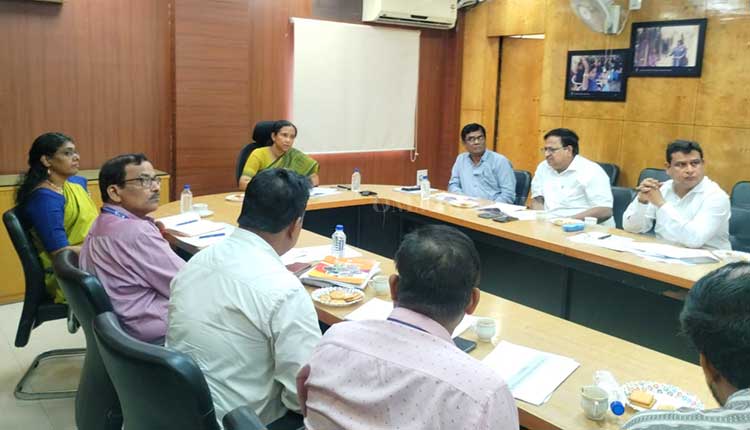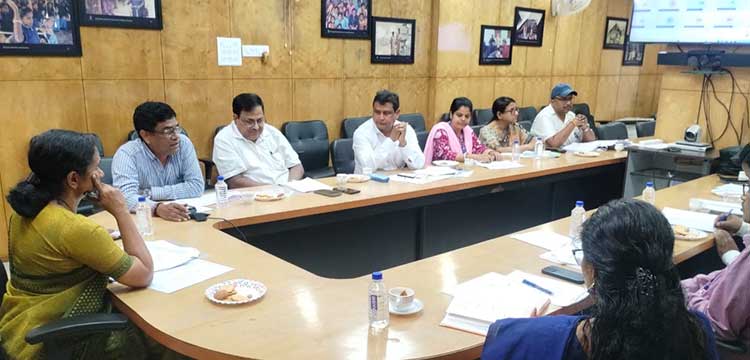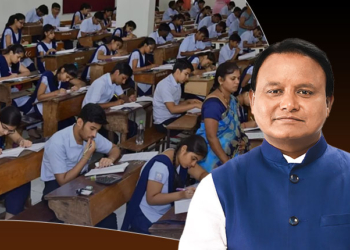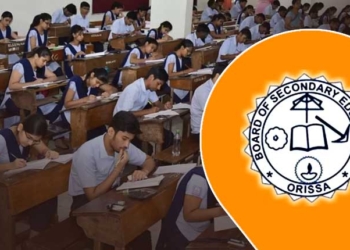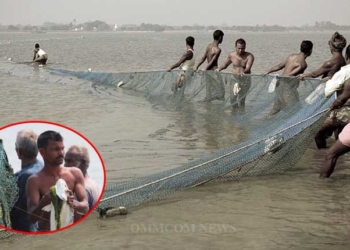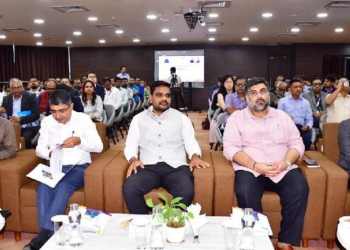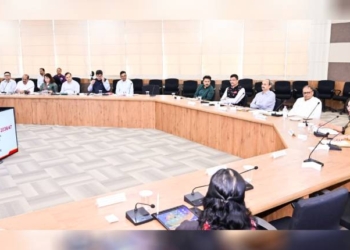Bhubaneswar: The Odisha Government is taking proactive measures to ensure quality public health, particularly in the context of monsoon-related health concerns. To prepare for the potential rise in vector and water-borne diseases during the monsoon season, Health and Family Welfare Department Secretary Ms. Aswathy S. conducted a high-level review meeting at the Secretariat Conference Hall.
Looking into the preparedness made so far, the secretary directed to intensify wide awareness activities at the grassroots level and ensure a sufficient stock of required drugs at different levels, ranging from ASHA workers to Sub-centres, primary health centres, community health centres, sub-divisional and district quarter hospitals. Aswathy also directed to mobilise the community and orient them towards preventive practices involving women self-help groups (WSHGs), community leaders, and multi-purpose health workers (MPHW).
She emphasized ensuring the actual use of long-lasting insecticidal nets (LLINs) by people at the household level. Chief District Medical and Public Health Officers were asked to ensure this with the help of ASHA workers and MPHWs at the village and ward levels. It was decided that senior officers from the Directorate of Public Health and National Health Mission would go to the grassroots level and ensure 100% use of LLINs, availability of testing devices, sufficient stock of drugs, active surveillance, screening, and testing, etc.
The Director of Public Health was advised to draw up a detailed schedule for the movement of officers to districts, particularly those districts where a comparatively higher number of cases were detected during previous years. It was also decided to issue advisories for proper cleaning of overhead water tanks and sanitization of water sources in residential complexes/hostels before reopening educational institutions.
The issues relating to regular water quality testing, disinfection, and monitoring in rural and urban areas were discussed in the meeting. The activities would be carried out in a targeted campaign mode under the oversight of Mission Director Dr. Brundha D.
Discussions in the meeting showed that generally, seven districts, like Rayagada, Kalahandi, Koraput, Kandhamal, Malkangiri, Gajapati, and Boudh, recorded occurrences of more malarial cases. More than 40.49 lakh LLINs were allotted to these seven districts for covering the vulnerable population. Similarly, last year, two districts, namely Sundargarh and Khordha, reported a comparatively higher number of dengue cases.
Secretary Aswathy directed especially intensifying preventive and surveillance activities in these districts. CDMPHOs of all districts, Additional District Public Health Officers, senior officers from different directorates, National Health Mission, along with experts and consultants on vector-borne diseases, participated in the deliberations of the meeting held in hybrid mode.




